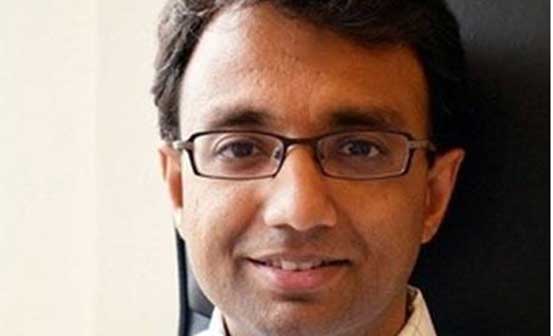×
The Standard e-Paper
Smart Minds Choose Us

As Africa prepares for an imminent economic takeoff, her young people have a critical role to play in making it a reality. Their youthful energy is a key ingredient in unlocking the continent’s potential as the next frontier for growth.